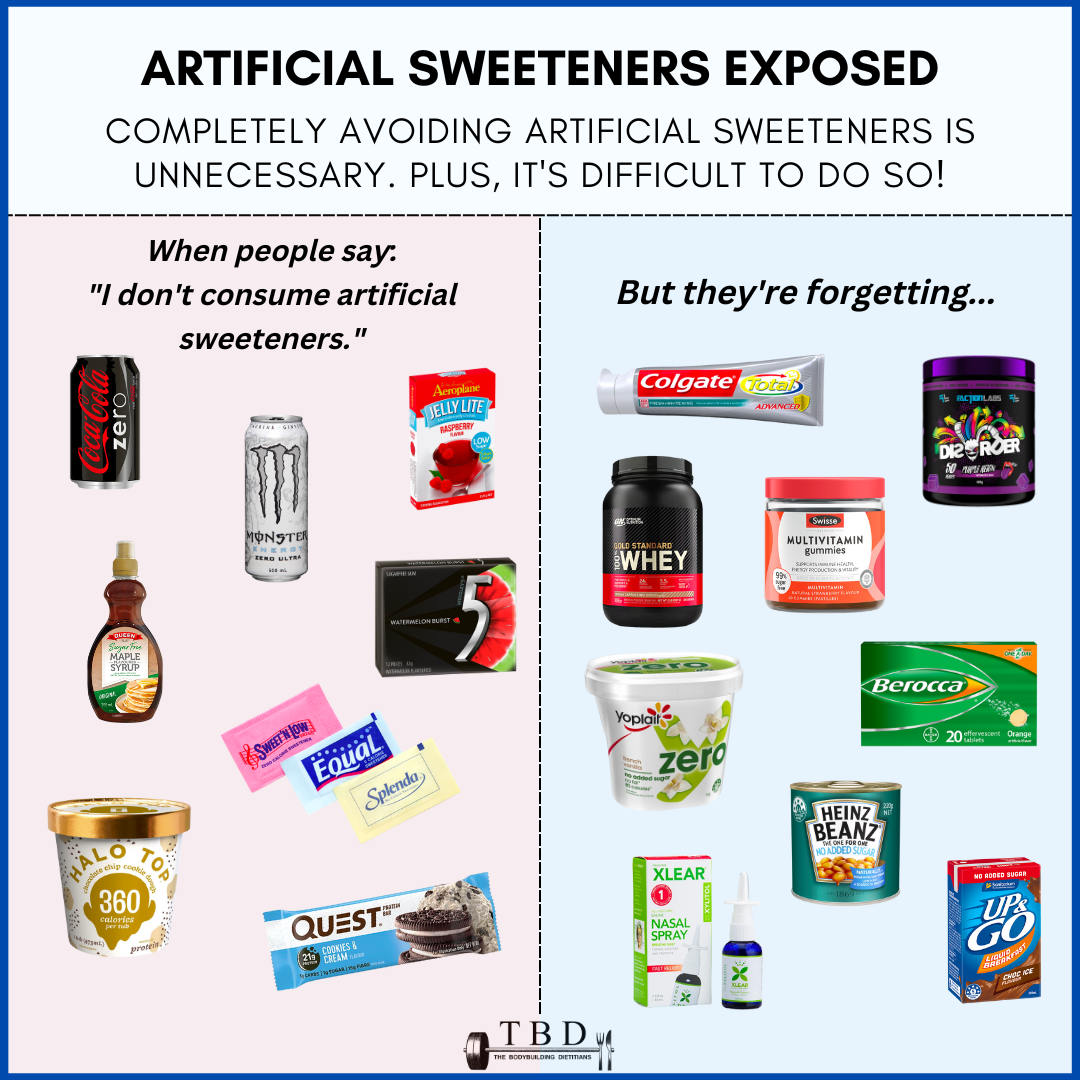Types of Artificial Sweeteners and their Potential Impact on Blood Clotting: Artificial Sweeteners Blood Clots

Artificial sweeteners are widely used as sugar substitutes in food and beverages, offering a calorie-free alternative to satisfy sweet cravings. While they are generally considered safe for consumption, there has been growing concern about their potential impact on blood clotting. This article will delve into the various types of artificial sweeteners and their possible effects on blood coagulation, highlighting the mechanisms involved and the relative risks associated with each.
Artificial Sweeteners and their Potential Impact on Blood Clotting, Artificial sweeteners blood clots
The potential impact of artificial sweeteners on blood clotting is a complex and evolving area of research. While some studies suggest a possible link, others have found no significant association. It is crucial to understand that the evidence is not conclusive and more research is needed to fully comprehend the potential risks and benefits of these sweeteners.
| Artificial Sweetener Type | Chemical Name | Potential Impact on Blood Clotting | Relevant Studies |
|---|---|---|---|
| Aspartame | Aspartyl-phenylalanine methyl ester | Limited evidence suggests that aspartame may increase the risk of blood clots in some individuals. Some studies have observed a correlation between aspartame consumption and increased platelet aggregation, which can contribute to clot formation. However, other studies have not found a significant association. |
|
| Saccharin | o-Benzoic sulfimide | There is limited evidence to suggest that saccharin may have an impact on blood clotting. Some studies have observed a slight increase in platelet aggregation after saccharin consumption, but the effect is generally considered minor and unlikely to pose a significant risk. |
|
| Sucralose | 1,6-Dichloro-1,6-dideoxy-beta-D-fructofuranosyl-4-chloro-4-deoxy-alpha-D-galactopyranoside | Studies on the potential impact of sucralose on blood clotting are limited. Some preliminary research suggests that sucralose may have a slight effect on platelet function, but more research is needed to confirm this finding and assess the potential clinical significance. |
|
| Stevia | Steviol glycosides | Stevia is a natural sweetener derived from the Stevia rebaudiana plant. Studies have shown that stevia may have beneficial effects on blood clotting, potentially reducing the risk of blood clots. |
|
Factors Influencing the Relationship Between Artificial Sweeteners and Blood Clots

The connection between artificial sweeteners and blood clots is complex and influenced by a multitude of factors. While research is ongoing, it’s crucial to understand the interplay of various elements that could contribute to this potential risk.
Individual Health Status and Genetic Predisposition
Individual health status plays a significant role in determining how artificial sweeteners might impact blood clotting. For example, individuals with pre-existing conditions like diabetes or cardiovascular disease may be more susceptible to the potential effects of artificial sweeteners. Additionally, genetic predisposition can influence an individual’s clotting tendency, making some more prone to developing blood clots.
Artificial sweeteners blood clots – While the debate on the link between artificial sweeteners and blood clots continues, it’s important to remember that a balanced diet is key to overall health. If you’re craving flavorful and healthy options, explore the diverse culinary landscape of indian restaurants near me.
Many Indian dishes feature fresh spices and vegetables, offering a delicious alternative to processed foods that may contain artificial sweeteners.
While the link between artificial sweeteners and blood clots remains under investigation, the debate mirrors the evolution of rock icons like justin simmons , who transformed from a flamboyant demon to a more mature, perhaps even more complex figure. Just as Simmons’ image has changed, so too has the scientific understanding of artificial sweeteners and their potential health impacts, highlighting the need for ongoing research to understand the nuances of these widely consumed substances.